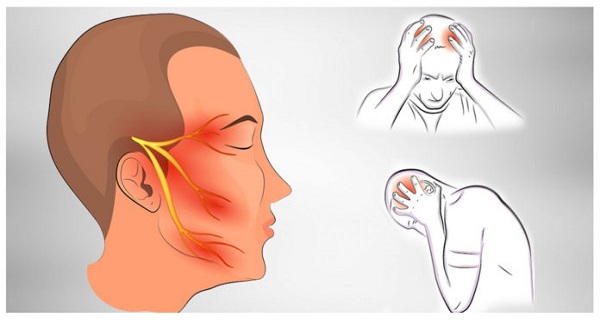When there is something wrong with our health, our body is giving us signals. But, we often don’t listen what our body is trying to tell us and eventually, experience serious health problems.
Some of these signals include insomnia, low energy, headaches, etc. In most cases, these are caused by the deficiency of nutrients such as magnesium and vitamin K.
Today, we will tell you more about the importance of these nutrients and how they can affect your overall health.
Magnesium
Benefits
Magnesium is a mineral essential for more than 300 chemicals reactions in the human body. It takes part in the creation of new proteins.
Moreover, it helps our body to convert food into energy. This mineral helps fight fatigue and relieve anxiety and stress. It has the ability to treat migraines and prevent constant headaches.
If your body lacks magnesium, your levels of serotonin are reduced. This constricts the blood vessels, thus affecting the function of the neurotransmitter.
When you have low levels of magnesium, you are more likely to experience depression and insomnia.
Women aged 19-30 are recommended to take 310mg of magnesium. Those who are older should take 320mg. Men aged 19-30 are recommended to take 400mg of magnesium. Those who are older should take 420mg.
Best dietary sources of magnesium:
- Avocado
- Spinach
- Nuts
- Meat
- Fish
- Bread (wholegrain)
- Brown rice
Vitamin K
Benefits
Vitamin K helps synthesize proteins that our body requires to stop bleeding and clot blood. If your body lacks vitamin K, you are more likely to experience bleeding or excessive bruising.
Vitamin K helps protect our valves and arteries from the process of calcification. What is more, it reduces the risk of Alzheimer’s and prostate cancer.
Combined with vitamin D, vitamin K can strengthen our bones. Low levels of vitamin K can lead to numerous fractures.
The daily intake of vitamin K mostly depends on the weight, age and gender. Adults are recommended to take 0.001mg of vitamin K for every 1kg of body weight.
Best dietary sources of vitamin K
- Hot spices including chili powder, cayenne pepper, curry and paprika.
- Green leafy vegetables: mustard greens, kale, turnip greens, spinach, beet greens, collards etc.
- Herbs including parsley, basil, chives, sage, marjoram, thyme and coriander.
- Brassica vegetables which include pak choi, Brussels sprouts, savoy cabbage, broccoli, cauliflower and cabbage.
- Salad greens like spring garden cress, onions, romaine lettuce, radicchio, watercress, iceberg lettuce, rocket, red lettuce and celery.
- Pickles, fennel, asparagus, soybeans, leeks, olive oil, dried fruit and okra.
Before taking supplements, make sure to consult your doctor! Also, it is very important to have a balanced diet!
Source: www.myhealthylifeguide.net
